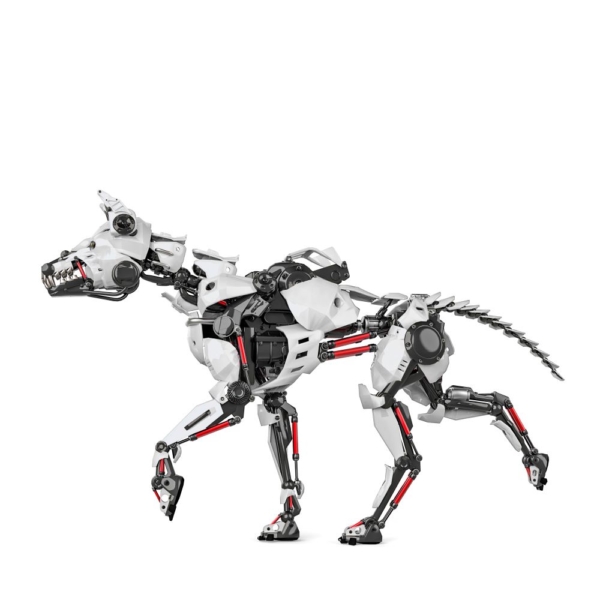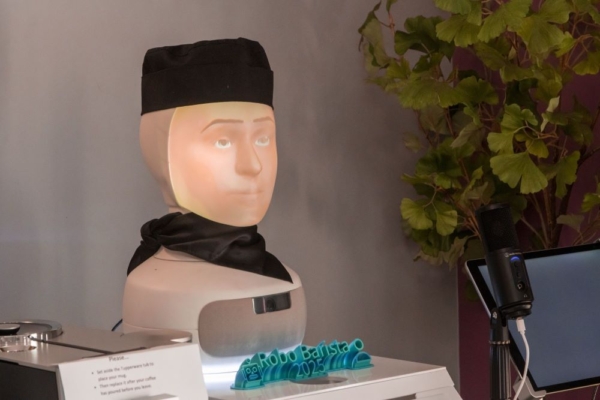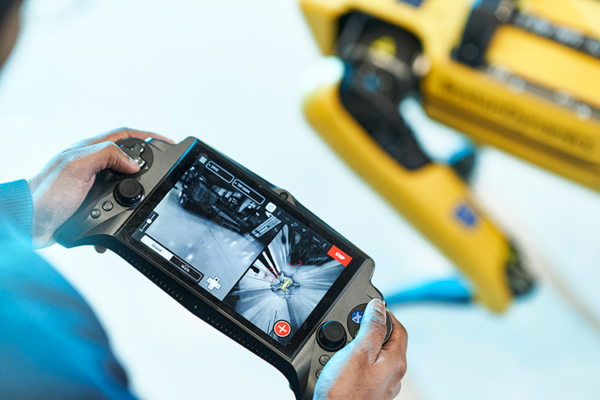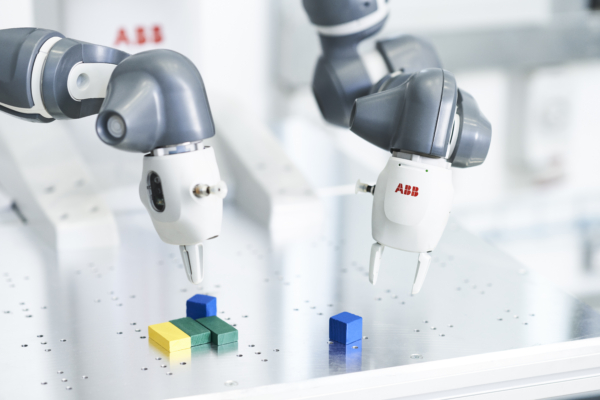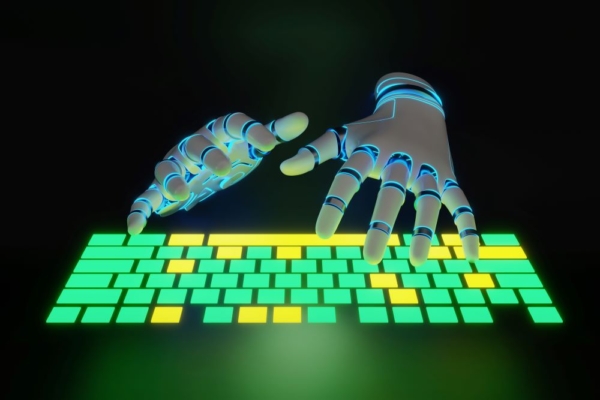Safe and secure AI for Robotics (SAIR)
Significant advances in Machine Learning have led to its ubiquitous deployment in autonomous systems. However, Machine Learning is a black-box technology meaning that any system that adopts it could potentially compromise safety, security, and interoperability.
The SAIR research theme is focused on building safer and more secure machine-learning components, ensuring that robotics and AI are developed to work within society in a responsible, verifiable, ethical, legal and safe manner.
Research in this area will align with international regulatory functions such as the EU AI Act and The Bletchley Park AI Declaration.



